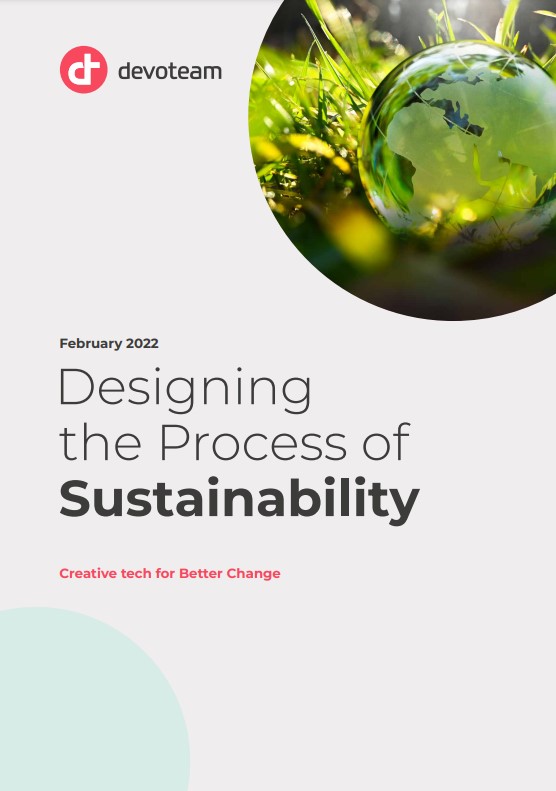It goes without saying that the way a future-oriented sustainability strategy is shaped can differ between companies hence to their sector and industry. The following examples clearly demonstrate the steps that strategy managers and decision-makers have taken or already implemented in collaboration with Devoteam and Microsoft, to set their company’s course on a more sustainable one.
Duracell and Industry 4.0 – Sustainability through efficiency
Information and data are critical to all production processes involved. Whether it is to deploy staff effectively, keep production equipment running at maximum efficiency, or simply to prevent downtime (or to use downtime efficiently if it is inevitable). When Duracell planned to bring its own production up to the latest standards, all of the above was precisely the objective. The approach was clear: together with Devoteam, Duracell aimed to give its employees time-independent access to all available production data via modern devices. As part of their digitalization project, it was decided to collect all available data from the ERP and other production-related systems such as the MES on Microsoft SharePoint and enable a simple analysis of all data via Microsoft Power BI.
The results are impressive: more efficient workflows, less time spent on administrative tasks and an overall digital working environment for all employees. This ensures that at the beginning of a shift,
each technician receives the correct and relevant work orders with all necessary information and data which can be overviewed via Microsoft Power BI anytime. Paperwork orders have been banned from the plant simultaneously, resulting in a completely paperless production. These essential steps save many working hours and thus lead to a more sustainable business for Duracell.
Dymo´s paperless shop floor
A label application manufacturer that wants to switch to a completely paperless operation in its own production might seem paradox at first. Nevertheless, Dymo’s goal was to achieve exactly that: a completely digital production environment that would no longer be in need of paper and would also carry the digitization benefits into other business areas. For example, numerous fulltime employees were tied up with administrative tasks and data maintenance in the SAP ERP until they decided to start the digitization project together with Devoteam that would make the company fit for the future.
A solution towards a maximum number of paperless processes in the best way possible was quickly found. Together with Devoteam, Dymo decided to digitize its own SAP ERP environment using
hyperscalers such as Microsoft, by transferring all production data into their digital systems. Thus, Time-consuming tasks such as the manual filling of listsbecame obsolete. At the same time, the employees were able to access important production parameters via digital portals at any time. Digitizing the company’s data made it possible to use resources more efficiently, increase employee productivity and improve the quality of data within the company’s internal network – all whilst achieving the actual goal of a paperless production environment. A milestone for Dymo and an important step towards a more sustainable future.
Sustainable foundation for Belgium’s public transport – A digital success story
There are few businesses that connect more people than public transport. While many people rely on public transport every day, it is particularly important that the staff who ensures the smooth operation of local and long-distance transport can work together efficiently. A Belgian public transport provider therefore decided in 2019 to optimize the processes and communication among its employees and to implement modern technology. The aim was to ensure that all employees had the opportunity to work together flexibly, regardless of device or location. It was important that long-term existing teams receive a practicable and easy-to-use working basis as well as the possibility to connect project-related teams working on different tasks. At the same time, an intelligent data management system was to contribute to making the collaboration as sustainable as possible.
The Belgian company chose Devoteam as its partner for this far-reaching project – and began immediately with the implementation of a comprehensive modernization plan. The basis of the undertaking was to use Microsoft 365 as a companywide cloud environment. In addition, all files and data needed for collaboration were to be made accessible via Microsoft SharePoint. The collaboration platform Microsoft Teams complements the new architecture within the company. For the employees, these modernization efforts result in numerous advantages: Business trips are no longer necessary to the greatest possible extent, as collaboration beyond one’s own team is also possible without problems via the new architecture. Moreover, cost- and emissionintensive data centres are obsolete through the cloud approach. And thanks to the flexible usability of different end devices, employees can also work much more productively.
